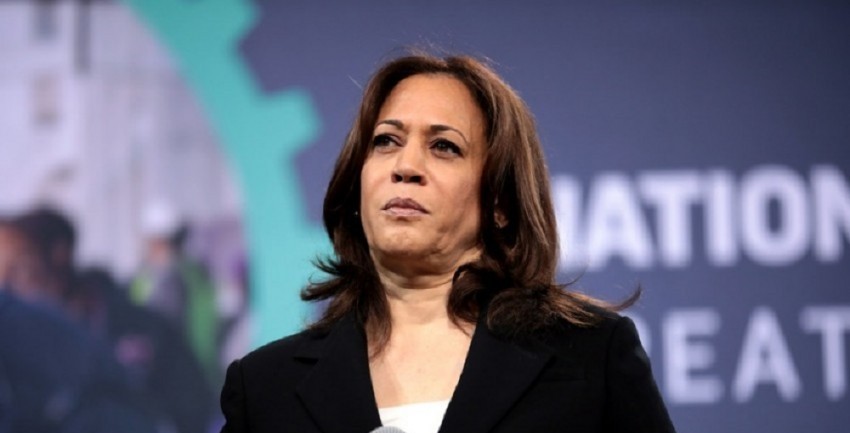Dr. D. K. Giri
The presidential elections in the United States generate a good deal of interest across the world. The election in November next is drawing more attention than usual because of the re-run of mercurial incumbent Donald Trump. In India, the nomination of Kamala Harris as the vice presidential candidate of the Democrats has won considerable publicity due to her Indian ethnicity, from her mother’s side.
Indian observers have commented extensively on the possible impact of Kamala Harris, should she win, on Indian Diaspora, American policy towards India and American politics at home. Alternatively, if Trump who has been so far behind his opponent Joe Biden in the opinion polls wins, what will it mean for the Indian Americans and India?
Indian Americans are now 4 million strong, and in terms of overall percentage of Americans, they constitute 1.3 per cent, but are sizeable in swing states and thus are able to be a deciding factor in the elections. In 16 out of 50 states, Indian Americans are more than 1 per cent- New Jersey 4.1per cent, Rhode Island 3.36, New York 1.88, Illinois 1.81, California 1.8, and Delaware 1.61. Since the President is elected by an electoral college consisting of states, not the popular vote, it is quite likely that the concentration of Indian Americans could clinch either way.
Both Trump and Biden-Harris have been wooing the Indian American electorate. Trump has issued the images of him with Modi jointly addressing rallies in Houston and Ahmedabad. He has claimed that he has more Indians than Harris. Kamala Harris has invoked her Indian origin, her mother hailing from Tamil Nadu. Many observers contend that Harris is decidedly a black American in her ethnic features and her association with Black ethos, community and culture. She studied in a college set up for mainly for the black community. Even in her policy posturing she has been often critical of India.
Indian Americans are not a ghetto voting population, they are varied in their political preferences; they will be concerned with polices that affect them, like H-1B visa, taxations policies, racial harmony etc. Indian Americans will vote for the party supporting India than US domestic policies. The ethnic population anywhere feels nostalgic, more so the Indians for their reluctance to give up their own culture. In America, the country of immigrants, there is no definite host culture to absorb the Indians. That brings us to the second point of concern, the India policy of the candidates that is influenced by the Indian American voters as wells as nudging them to vote for either of the two parties.
Many are uncomfortable with Trump for his unpredictable utterances. He has an inimitable style of lulling the opponent into complacence by seductive words, drawing them in and then squeezing them into compliance etc. At any rate, the Republican Party has been more pro-India than the Democrats. The civil nuclear agreement was signed by George Bush Jr, and a distancing from Pakistan was done by Trump. Both Bill Clinton and Obama kept Pakistan and China in good humour.
The current Bidden-Harris leadership has been critical of India on Jammu and Kashmir, Article 370 and other so-called human rights issues. There has been no attempt from the Democrats to build bridges with the Indian government. Trump, on the other hand, has gone full distance with Modi in publicly declaring his support. Democrats have made amends to their Indian policy and have said “they will invest intensively consolidating the bilateral relations with India”. It seems too late and little as the Trump Administration has been vocal in support of India in our border stand-off with China.
America is a melting pot, occasional racial tensions notwithstanding. They have elected and re-elected a Black American, Obama as the President. If they elect Harris, she will be first one with complete immigrant origin.
–INFA
The writer is professor of International Politics, JMI.
